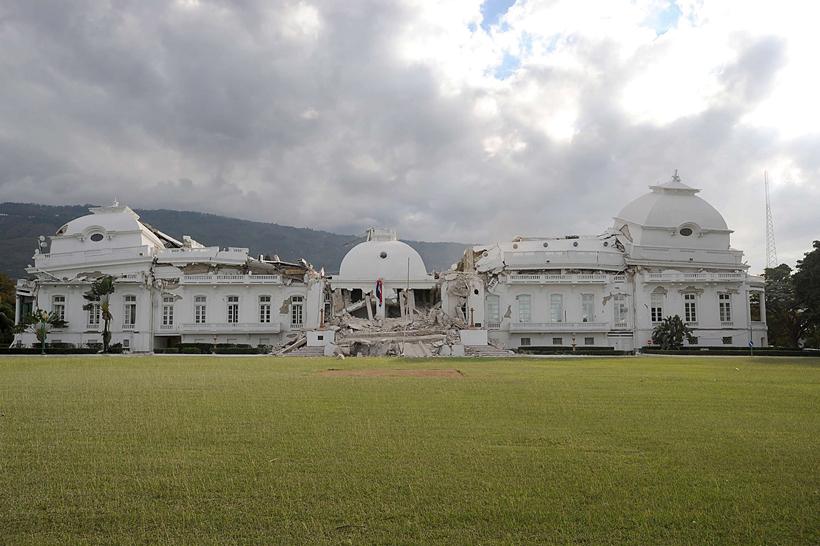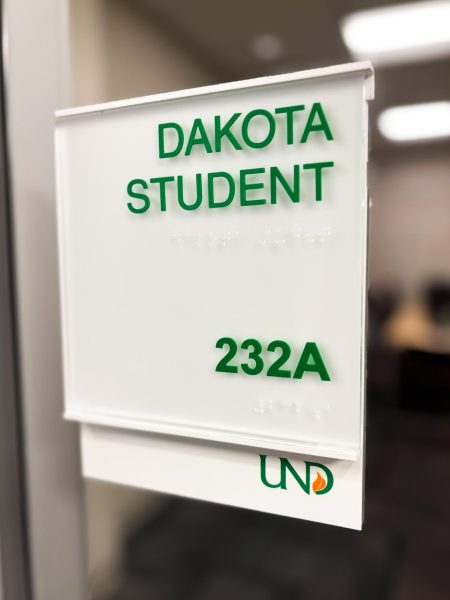My perspective on democracy
The Haitian National Palace in ruins after the 2010 earthquake. Photo courtesy of cnews.canoe.com
In October, Haiti held elections to decide who will be its next president and members of parliament. While the results have not yet been finalized, observing the Haitian election provides some important insights into the role of democracy and government.
Haiti is currently the poorest country in the Western Hemisphere, and it has been notorious for its lack of political stability since its independence from the French in 1804. The overthrow of then president Jean -Bertrand Aristide in 2004 marked the 33rd coup in the history of Haiti.
The election of current president Micky Martel in 2011 was one of the rare times political power has peacefully changed hands in Haiti, and even that election was not without controversy.
The unfortunate political and economic history of Haiti is much too long for this column, but a brief overview of Haiti shows how deep of an impact political instability can have on a country’s ability to flourish.
Haiti has been on a fragile road to recovery since a massive earthquake rocked the already destitute country in 2010, and time will tell how the country will develop in the coming years.
In the United States, we oftentimes bemoan the partisanship and gridlock of national politics, but we have never had to deal to with frequent and successful revolts against the government.
There may be certain difficulties and inconveniences when it comes to voting in the U.S., but we do not have to face widespread fraud and the threat of violence when voters go to the polls on Election Day.
There may be disagreements in the U.S. when it comes to how much power the executive branch of government should hold compared to the legislative branch, but Congress has never been disbanded for months on end, as is currently the case in Haiti.
While the United States has seen its fair share of political scandals, they pale in comparison to the corruption and deceit that are seemingly perpetually intertwined into Haitian government.
While many factors influence the economic development of a country and prosperity of its citizens, political stability and basic rule of law are essential foundations to human flourishing.
Things are not perfect in the United States, but we often take for granted that the relative stability of our democracy and political institutions has allowed for the country to become what it is today, while many developing countries continue to struggle.
Comparing the struggles of Haiti to our government in the United States is not an attempt to lower the standards of what we should expect from our government, but rather it is to show how important it is for any government to function properly, peacefully and transparently.
In the United States, our political arguments center around which policies meet this goal, while in Haiti there are much more fundamental issues that need to be addressed before the country can make progress.
Sean Cleary is the News Editor for The Dakota Student. He can be reached at sean.d.cleary@my.und.edu








